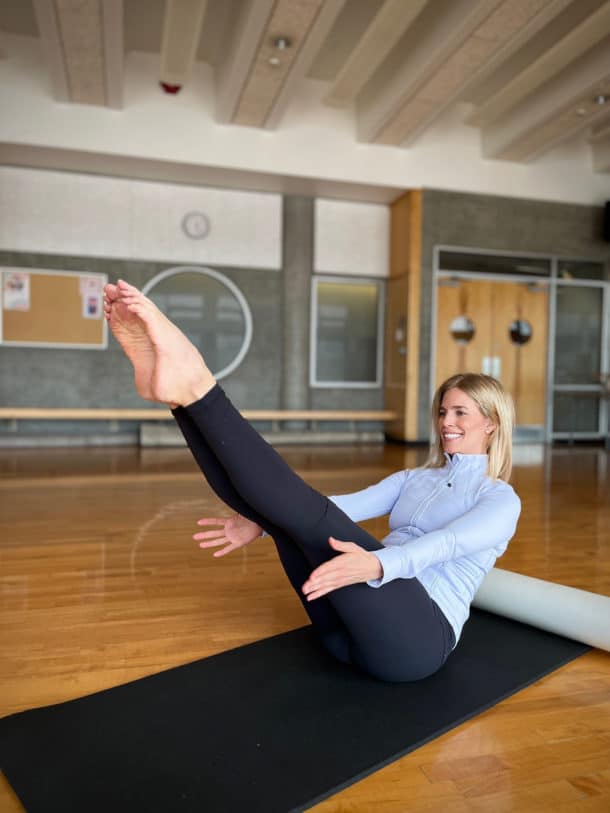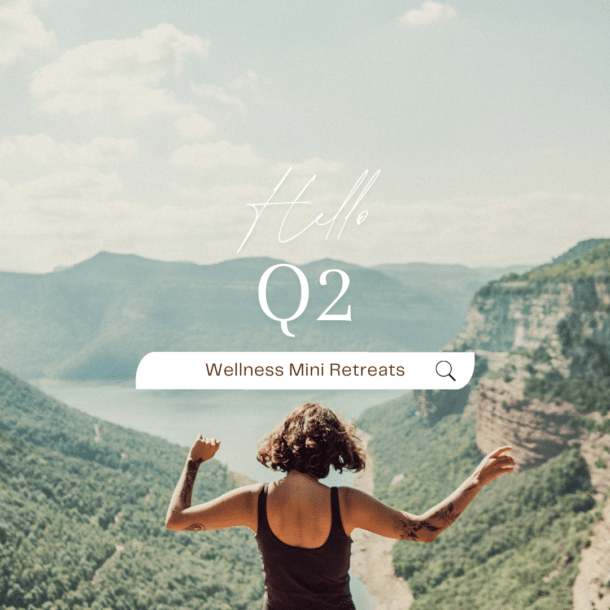Healthy to you versus medical professionals.
How do you know if you’re healthy is a question that I’ve been asking friends, family and colleagues over the last few years. It sounds like a simple question but no one had the full answer. Some think it’s the absence of disease and others attribute it to lifestyle. According to the World Health Organization [WHO], it’s both. The WHO defines health as “a state of complete physical, mental and social well-being and not merely the absence of disease or infirmity.”
Ask your General Practitioner if you are healthy
When was the last time you asked your general practitioner if you are healthy? If you’re like the majority of medical care seekers, you likely seek care when you have a problem such as a cough. However, asking your physician about your health status is a good thing to do because they are trying to answer that question too – especially now with the shift to Value Based Care. According to the Agency for Healthcare Research and Quality [AHRQ], General Practitioners [GPs] use these thirteen questions to assess your health status.
Thirteen questions GPs use to assess your health status
1/ Tobacco Use
2/ Stress
3/ Healthy Eating
4/ Physical Activity
5/ Sexual Practices
6/ Sedentary Behaviors such as watching television or gaming
7/ Alcohol Usage
8/ Addictive Behaviors such as gambling or drug use
9/ Violence, bullying or physical abuse.
10/ Depression or anxiety
11/ Emotional and social support
12/ Safety issues such as wearing a seat belt while driving
13/ Overall health or wellbeing
Insights into the first seven health assessment questions
Your answers to the questions help your GP assess your medical risk and develop the right course of action to restore your health when necessary and to keep you healthy. The more forthcoming you are with your answers, the better prepared they are to help. For example:
1/ Tobacco use
According to the National Institute of Health, tobacco is predominantly consumed by inhaling smoke from cigarettes, pipes and cigars but it can also be consumed by smokeless means including snuffing, chewing and sucking. All forms are carcinogenic which is why physicians ask for consumption details.
2/ Stress
Stress can be acute which means it’s felt in relation to a specific challenge or event but subsides after the event or challenge is over. It can also be chronic which means it’s felt on a day-to-day basis. Chronic stress is problematic if left unchecked because it strains both the body and mind and can lead to more serious health issues.
3/ Healthy eating
If you’re tired of hearing your physician tell you to eat more fruits and vegetables, you’ll be happy to know they are trying a new approach. According to the American Medical Association, there are three things physicians want everyone to do to eat healthy.
I/ Understand your patterns and triggers. Are you eating because you’re hungry or because you’re stressed, bored, tired or something else.
ii/ Eat at home as much as possible and make food from whole foods rather than processed food. Food made at home is generally healthier because it has less salt, sugar and unhealthy fats. Plus studies have shown that you’ll likely eat less.
iii/ Develop an eating schedule and plan for each week rather than eating haphazardly.
“Eating healthfully is one of the foundations of good health. Even when medication is required, it’s important to emphasize to patients that medication alone can’t do it all.”
– Dr. Devries
4/ Physical activity
Physical activity relates to the amount of movement in your daily life whereas exercise is subcomponent that is planned, structured, routine and purposeful. Physicians ask about your level of physical activity because it is a “modifiable vital sign” that can be improved with more exercise. In fact, physicians can now prescribe exercise as they do with other medical interventions.
‘if we could give every individual the right amount of nourishment and exercise, not too little and not too much, we would have found the safest way to health’. – Hippocrates
5/ Sexual practices
Your sexual practices, sexually transmitted diseases and sexual dysfunction can all affect your health and wellbeing from adolescence to your later years of life. It can be an uncomfortable discussion to initiate which is why the AMA Journal of Ethics outlines what should be discussed with your physician during a sexual health screening.
6/ Sedentary behaviors such as sitting, watching TV or playing computer games
As a society, we spend too much of our day sitting and it’s having a negative impact on our health and cost of healthcare. You may have heard the phrase “sitting is the new smoking” from corporate wellness professionals. According to the World Health Organization, a sedentary lifestyle poses more risk to our health now than smoking. Stand, walk and play as much as possible because your cells love movement. Until recently, it’s was the only lifestyle practice proven to extend life.
7/ Alcohol usage
According to the American Medical Association, risky alcohol use is really common. It may be in part because the guidelines have changed. Hazardous use of alcohol is consuming more than one drink per day for everyone – men and women. That’s particularly important for men to note because it’s a reduction from past guidelines. Binge drinking is consuming more than four drinks per day for women and five drinks per day for men. Both hazardous and binge drinking are considered risky alcohol use.
Part 2: Insights on the remaining questions
Stay tuned for insights on the remaining questions. There is a lot of ground to cover to assess your current health status, but it’s worth the time and effort to understand the questions so that you can have a productive discussion with your physician. Good health is the foundation for everything else you do in life.
Start your Journey
I’ve been on a journey to better understand my own health status and have shared some insights along the way hoping that it would help others do the same. However, the context was missing for those seeing occasional posts. That is why I am circling back to the beginning to help you start your journey. Follow or subscribe to Shannon Smith Living.
Contact Us
We're interested in partnerships with brands that share our interests and values.
Create a Free Account
Receive weekly emails with workouts, tips & offers to help you live more vibrantly.



